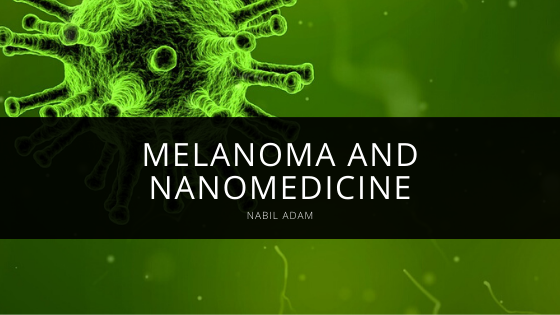One of the biggest advancements in healthcare right now is nanomedicine. The word sounds intimidating, but it merely refers to medicine that uses nanotechnology. Nanomedicine works on a very small scale. With this technology, it’s possible to target specific cells in the body. Rather than working at the tissue or organ level, nanomedicine makes it possible to be very, very specific.
This technology is particularly vital when it comes to cancers. For decades, one of the problems with cancer therapies has been that they’re not specific enough. They can be targeted to an organ or a particular tissue. But they kill off too many healthy cells. For some cancers, the treatments have been almost as deadly as the disease itself. Nanomedicine may make it possible to change this.
Nanomedicine seems to have real possibilities for melanoma treatment in particular. When it comes to skin cancer, the most deadly form is Melanoma. If it’s not caught and treated quickly, it can be disastrous. Approximately 7,000 Americans die of melanoma annually.
Melanomas occur after a mutation in the melanocytes of the body. These cells start to change by producing extra melanin due to sun exposure. Then they can begin to reproduce at excessive rates. When melanocytes get out of control, melanoma is the result. To prevent and treat melanoma more effectively, dermatologists and oncologists want more effective, targeted tools. Hence, researchers are starting to make tools that work at nanoscopic scales.
For example, a research team in Tel Aviv recently developed a nanovaccine for melanoma. This has already been tested in small mammals like mice. In one test, the vaccine was given, and then melanoma cells were introduced. The vaccine worked and prevented the cancer from establishing itself. Another test injected the vaccine into mice who had already been infected with melanoma. The nanovaccine slowed the spread of the disease, prolonging the lives of the mice.
Another nanomedicine treatment for melanoma involves lasers. Researchers at the University of Arkansas created a diagnostic device to detect melanomas better. This took the form of a nanolaser. When combined with ultrasound, it was able to detect even single melanoma cells quickly and accurately. In the trials of the device, no false positives were returned. The laser was also many times more sensitive than current detection methods.

